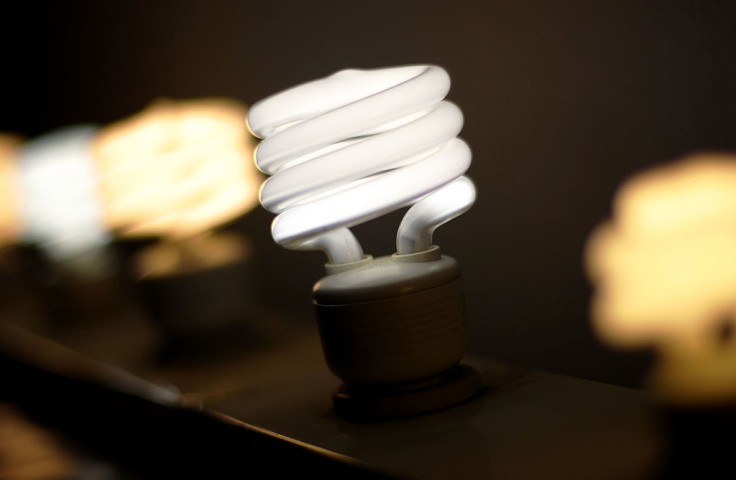
One of the best applications of smart home technology is smart lighting. The ease of having lights turn on automatically when you get home from work is just one benefit of installing smart lights in your house.
Simple automation of a single bulb is fairly easy. The tricky part is automating all the lights in a home.
It might be challenging to know where to begin given the variety of devices available. That is why we are here to assist you in making the ideal home-related purchase!
Just a quick note that most smart switches and bulbs work with Wi-Fi or ZigBee.
When To Use Smart Bulbs
Wirecutter noted that when you want to regulate individual bulbs or change the color of the light in your house, smart bulbs are the ideal option. The good news is that there are ever more options available at the low end, and you can often combine different brands into a single control device.
These are the pros and cons of using smart bulbs in your home (via CNET):
Pros of smart bulbs
The setup is not too difficult.
Moving a bulb to a different fixture is simple.
The cost of scaling up and adding lights to your setup is quite affordable.
Other feature-rich bulbs have the ability to sense motion, broadcast audio over Bluetooth, change colors, and even serve as connected cameras.
Cons of smart bulbs
A-shaped bulbs with standard-size E-shape screw-in bases make up the majority of the smart-bulb options. You'll likely face problems if your fixtures call for anything different.
The smart bulb will probably flicker and buzz if the fixture is connected to an in-wall dimmer switch.
In terms of brightness and color temperature, there isn't a lot of choice either.
You won't be able to use a smart bulb if someone turns off the light fixtures. Remember, smart bulbs work only with light fixtures that are turned on.
When To Use Smart Switches
When you wish to regulate lights that are operated by a light switch, smart in-wall dimmers and switches are excellent. As mentioned by Wirecutter, they're especially helpful for switches that control multiple lights at once.
A smart switch or dimmer allows you to dim or turn on your lights from a single switch or a smartphone app, and it is a more long-lasting approach to incorporate smart lighting into your house. You may also make lighting schedules thanks to this technology.
These are the pros and cons of using smart switches in your home (via CNET):
Pros of smart switches
You can use whatever bulb you like when using a smart switch.
Usually, even if the switch is off, your scheduled lighting changes will still take place.
Cons of smart switches
In comparison to smart bulbs, installation is more complex.
Additionally, scaling up your system is more expensive than using smart bulbs.
Which one do you prefer to use now that you have a general understanding of smart bulbs and smart switches?
Related Article : How Much Money Can You Save by Switching Off the Lights?









